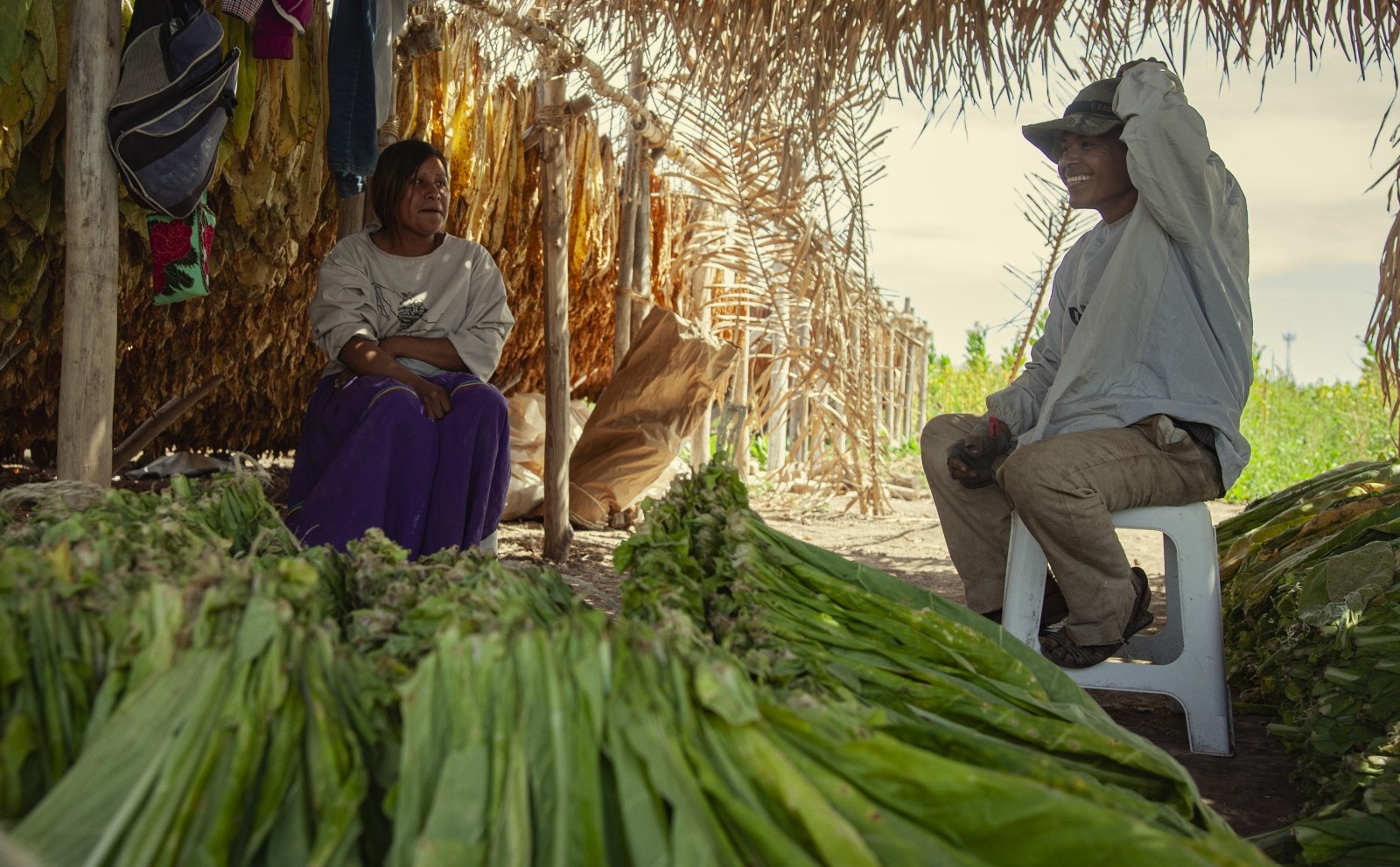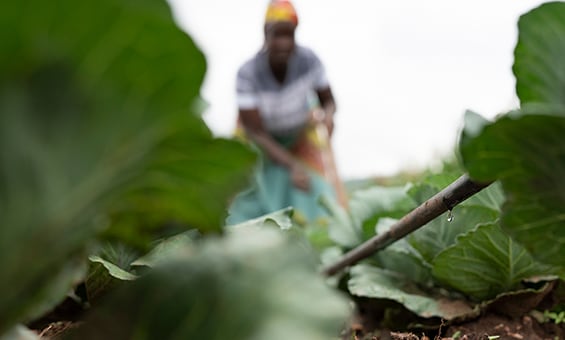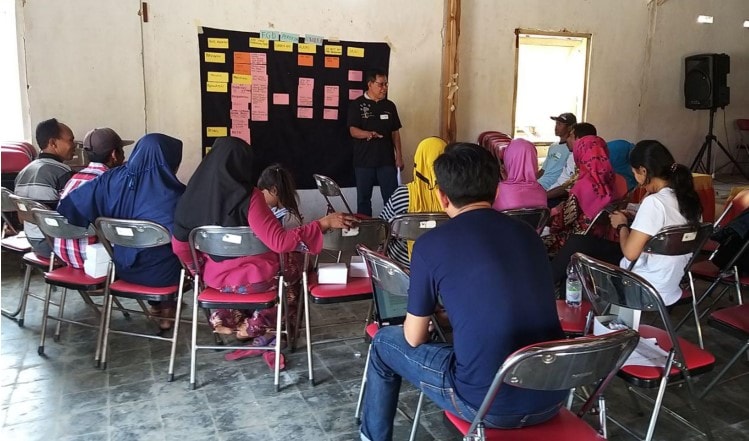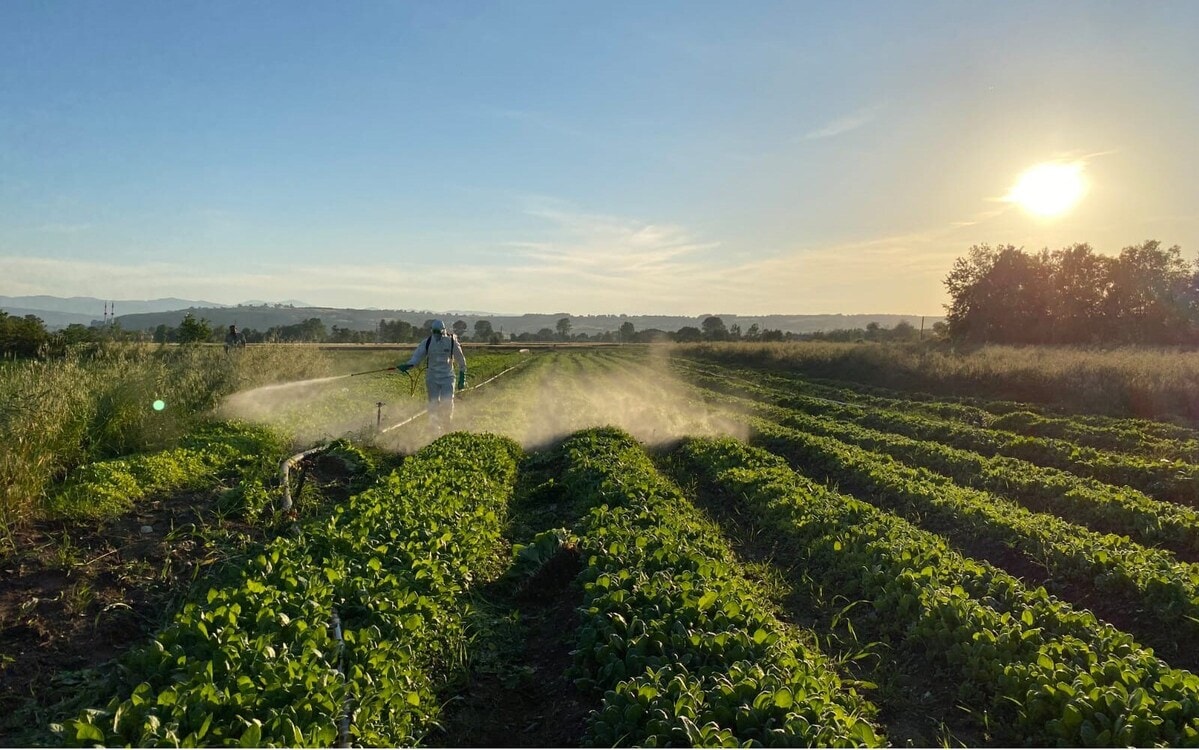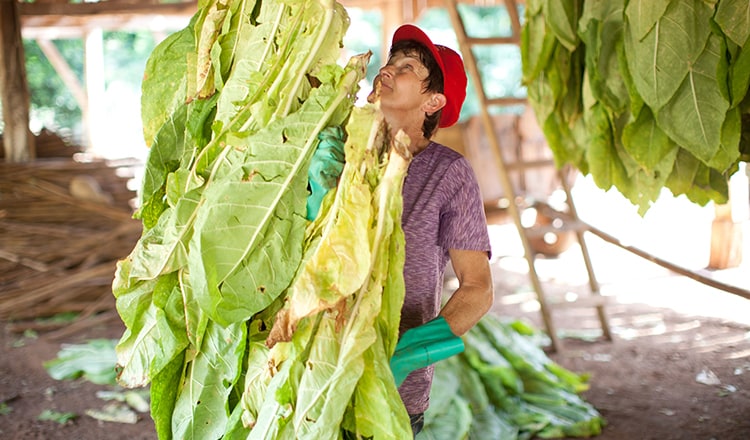Over the last decade, PMI’s Agricultural Labor Practices (ALP) program has been a key instrument for the company to address the social impacts within its tobacco supply chain. Today, PMI publishes the ALP 10-year anniversary report, which coincides with the International Day of Human Rights and the International Year for the Elimination of Child Labor.
The report reaffirms the company’s commitment to continue protecting, promoting, and supporting the socioeconomic well-being of tobacco-farming communities. This includes the ambition to achieve 100 percent of its contracted farmers paying at least the legal minimum wage by 2022, zero child labor in its tobacco supply chain by 2025, 100 percent of its contracted farmers making a living income by 2025, and 100 percent of contracted farmers supplying tobacco to PMI to have basic water access by 2025 and access to basic sanitation and hygiene by 2030.
These strategic ambitions build on important ALP targets that were met in 2020. All our contracted farm workers now have safe and decent accommodation, and access to personal protective equipment (PPE) for the application of crop protection agents and prevention of green tobacco sickness.
“We are acutely aware that poverty and inequality are at the root of child labor and other human rights issues. Through our focus on living income, we aim to build resilience in our farming communities, provide new and alternative sources of revenue, and improve income levels and households’ livelihoods,” says Jennifer Motles, PMI’s Chief Sustainability Officer.
“In marking the 10th anniversary of our ALP program and the International Year for the Elimination of Child Labor, we have developed a comprehensive report to reflect on the progress we’ve made, while acknowledging that accelerated action is needed more urgently than ever.”

Through our focus on living income, we aim to build resilience in our farming communities, provide new and alternative sources of revenue, and improve income levels and households’ livelihoods
The evolution of PMI's ALP program
PMI’s long-term success depends on continuously improving its social impact within and beyond its operations—the reason the company made the well-being of tobacco farming communities a key priority more than a decade ago. The fundamental principle that shapes all our activities is the respect for human rights.
In 2011, PMI partnered with Verité, a leading non-governmental organization in supply chain sustainability, to design and implement its ALP program. Together, PMI and Verité created an aspirational ALP Code with seven main principles that articulate farmers’ and worker’s rights and responsibilities. For each principle, clear, measurable standards were defined to monitor and demonstrate good labor practices.
The program evolved in 2018 in order to address the root causes identified and achieve significant, long-term change for the most persistent issues in the most impacted locations. The focus shifted to four priority areas: Eliminating child labor, paying at least a minimum legal wage or agricultural benchmark standards, ensuring the availability and appropriate use of PPE, and ensuring adequate accommodation for all farmworkers.
PMI continuously communicates the standards of its ALP program to farmers throughout its supply chain, making them aware of its expectations. The company and its suppliers have put in place the resources needed to monitor the conditions on the farms,
and bring sensible solutions to problematic practices. With specific initiatives—such as targeted training on fair working conditions, farm-by-farm monitoring, and female empowerment initiatives—the ALP program has created and will continue
to create a tangible, positive impact on farming communities around the world.
Recent milestones
Throughout 2020, PMI maintained a relentless focus on preventing incidents of child labor in its tobacco supply chain, despite impacts on its initiatives due to COVID-19 and related restrictions. The company introduced new ways to tackle systemic issues, providing increased visibility in order to isolate child labor cases on its contracted farms. In 2020, PMI continued working to eliminate the remaining 3.5 percent prevalence of child labor among its contracted farms.
In this respect, in 2020, PMI began conducting living income studies with third-party experts, analyzing current farmer income, and developing strategies to achieve the target of 100 percent of contracted farmers supplying tobacco to PMI make a living income. In 2020, 48 percent of contracted farmers were earning at least a living income.
Finally, 2020 marked the achievement of two significant ALP targets for PMI. The first is providing safe and decent accommodation to contracted farmers. The second is ensuring full availability of PPE for the application of crop protection agents, and the prevention of green tobacco sickness for all those working with tobacco.

Collaborating with partners such as Verité, we can further strengthen our foundations, scale our efforts, and share our learnings to improve agriculture labor practices for benefit of the farming communities we work with.
PMI’s ALP program remains one of the most ambitious and comprehensive efforts to improve labor practices in a global agricultural supply chain. The learnings from the program will be integrated into the open-source “Farm Labor Due Diligence Toolkit” developed by PMI’s longtime partner, Verité. The toolkit is intended to support companies, suppliers, and producers through the improvement of labor practices in agricultural supply chains around the world, and is part of an action pledge made by Verité in support of the International Year for the Elimination of Child Labor.
In addition to providing learnings from the ALP program, PMI will join a coalition of other private-sector sponsors to support the toolkit initiative. “As PMI delivers a smoke-free future, we are also expanding into electronics,” says Anna Kletsidou, PMI’s Head of Social Impact.
“By leveraging our ALP learnings, we can remain alert to environmental and social impacts created by our evolving supply chain and develop robust strategies to address them. Collaborating with partners such as Verité, we can further strengthen our foundations, scale our efforts, and share our learnings to improve agriculture labor practices for benefit of the farming communities we work with.”
